How Environment-Friendly are Diesel Cars?
Volkswagen may have landed itself in one of the biggest scandals to ever hit the automobile industry. It has not only put the company in a mess too deep to crawl out of, but has also raised a serious question regarding diesel engines; just how safe and fuel efficient are diesel cars, really? To understand just where diesel cars stand today and what the future looks like, we need to look a little closer.
Diesel Engines
Gasoline engine ignites a vapor of gasoline and air using a spark plug, which combusts, expands and pushes a piston down, producing the torque that propels the car. Diesel engines, on the other hand, use a spark plug to combust the fuel. The diesel engine compresses a mist of the liquid fuel and air to incredibly high temperatures and pressures. This pressure-cooker environment is actually what causes the mixture to spontaneously combust.
Because of this spontaneous combustion, the mixture is at the perfect pressure and temperature to efficiently burn energy in the fuel. Greater gas expansion causes more powerful compression of the pistons, which produces more torque.
The Advantages of Diesel Engines
Diesel engines were welcomed as it promised a number of advantages that include greater fuel efficiency and more mileage. They typically deliver 25 to 30 percent better fuel economy than similarly performing gasoline engines.
Diesel fuel is one of the most efficient and energy dense fuels available today. Diesel engines are built more ruggedly to withstand the rigors of higher compression. Consequently, they usually go much longer than gas-powered vehicles before they require major repairs.
Because it’s chock is full of longer hydrocarbon chains, each gallon of diesel fuel contains more energy. Combining the more energy-dense fuel with its more efficient combustion process, the diesel engine can achieve much higher fuel economy.
What Went Wrong With Volkswagen?
It turns out that diesel engines have an inherent trade-off between power, fuel efficiency and clean emissions, experts said.
“You have power, you have energy, you have emissions: You get to choose two of them,” said Don Hillebrand, the director of energy systems research at Argonne National Laboratory in Illinois. So what Volkswagen did was prioritise power and fuel economy over meeting the State and the U.S Environmental Protection Agency’s emission standards.
In effect, VW fudged a lot of numbers to prove that its engine was not only smooth and efficient, but also met with the emissions standards. Once the real story was out, however, it revealed to all that the trade-off was a lot worse than one expected. This begs the question as to just how effective diesel engines are when considering the performance of the car and the environment (ironically the two things the engine was supposed to deliver).
Volkswagen got caught because it tried to trap a pollutant called NOx. NOx includes a variety of nitrogen and oxygen chemical compounds that only form at high temperatures. It so happens that diesel cars produce a lot more NOx than gasoline cars. Cleaning NOx from diesel fuel is a challenging process, which is why any car-makers like Honda and Mazda had delayed the introduction of diesel cars. Volkswagen, in a hurry to get their diesel cars ready, invested millions to develop a NOx trap. The NOx trap eats up the fuel.
The scandal also triggered a kind of domino effect- now the EPA will look at other car-makers as well once the VW scandal is dealt with. The biggest issue right now is that if Volkswagen has been caught red-handed, how many more brands out there are potentially guilty of the same?
Future of Diesel Technology
It’s likely that future diesel cars will include technology that combines clean-emission techniques, power and fuel economy. Engineers have discovered that specific temperatures give off high levels of pollutants like soot and NOx. But some temperature or pressure point get efficient fuel combustion without producing either pollutant.
It’ll still be a while before a viable answer is found, but hopefully an answer will be found. At the same time, it is clear that diesel cars today are not as safe as they are made out to be. Their position in the overall scheme of things is dubious at best. And only once the EPA starts investigating other diesel car manufacturers as well will we know if there indeed is something wrong with the whole picture.

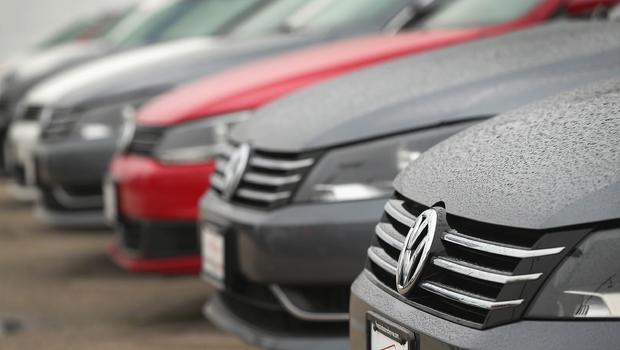
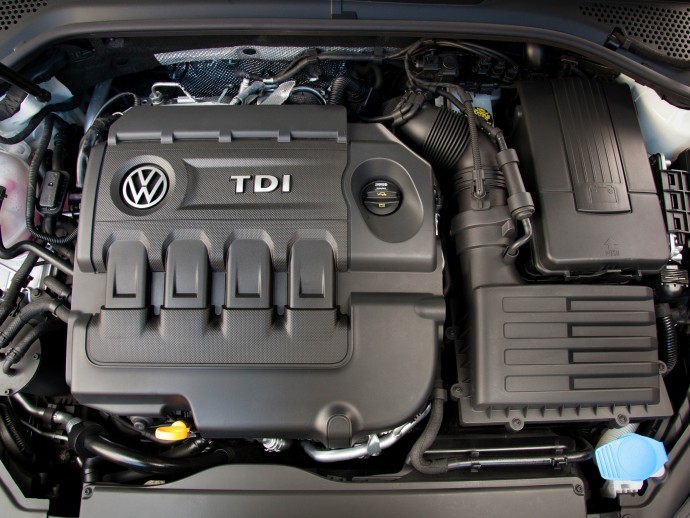
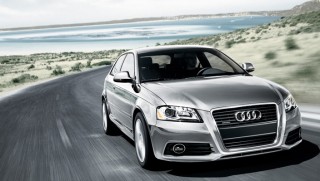
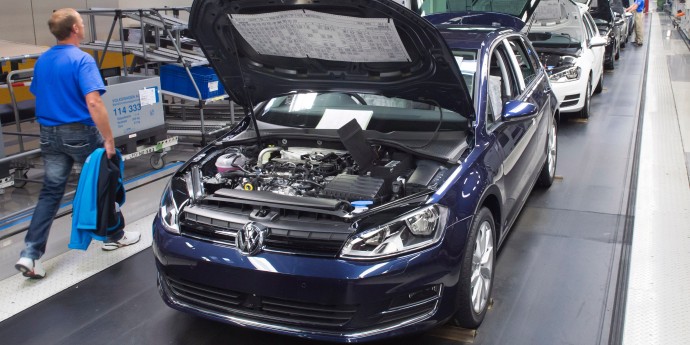
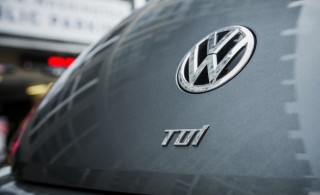
There are no comments
Add yours